It’s interesting to see that Mel Gibson, no less, is in the blood and violence TV streamer The Continental which had an earlier incarnation with Keanu Reeves calling the bloody shots as the assassin John Wicks. There have been times in Gibson’s long brilliant boggling career when the actor we still with whatever degree of moral trepidation claim as Australian defies everyone’s best efforts at tolerance: homophobia, anti-semitism, the variety of Catholicism that says the Pope is a heretic and St Peter’s chair is empty and then the break up of his marriage for all his traditional pieties. What more can the man do to alienate everyone right, left and centre? Yes, but think of who and what we’re dealing with. This is the man who made the Mad Max films. He was in the first instance the product of the Australian stage – Romeo to Judy Davis’s Juliet at NIDA, Biff to Warren Mitchell’s Willy Loman. He made The Year of Living Dangerously, one of the most highly regarded films of an Australian novel (by Christopher Koch) with Peter Weir and then worked with him on the stupendously successful Gallipoli with a David Williamson script. Then there’s the sheer starriness of the Hollywood career and the very deft expertly understated perfect pitch of the performances. And this is before we even touch the colossal highbrow ventures. Braveheart might not be quite in this category but it’s a superb attempt to create a Scottish epic and it’s typical of Mel Gibson that it should have a scene in Latin, that it should culminate in a disembowelling and that it should have that wonderful Irish actor Patrick McGoohan (Danger Man in the long ago Sixties) as the English King Edward III, Longshanks as they called him, who thought the best thing to do with a gay son’s boyfriend was to drop him from a high window.
And then there are the insanely ambitious Mel Gibson films in which you wonder what Sinai or Everest he has decided to climb. You may think it’s not entirely mad that he got Franco Zeffirelli (who made the finest cinematic Romeo & Juliet with those 60s youngsters) to direct him as Hamlet with Alan Bates as the King, Glenn Close as the Queen and Helena Bonham-Carter as Ophelia and to do so in what is discernibly very high Australian. Does it work? Well, every Hamlet is his own mirror and Mel Gibson is a sort of baffled shrugging Hamlet but this is clearly the work of an adept classical actor and someone should get him to play Macbeth or Antony in Antony & Cleopatra.
But Shakespeare, the most mountainous dramatic genius in our language or anybody’s, is child’s play compared to The Passion of the Christ. Pasolini who was a genius made a great Jesus film in The Gospel According to St. Matthew using the scriptural text in traditional Italian but only Gibson could have been as bizarrely ambitious as to film this story in a reconstructed version of Aramaic, the language (or one of them) which the Son of Man actually spoke even though the Gospels are in koine Greek, the lingua franca of the Roman Empire. The Passion of the Christ is one of the strangest endeavours in the history of drama, never mind Hollywood film, but it’s hard to deny that it works.
Then there’s Apocalypto which pays a comparable homage to the language of the Mayans as well as being as savage and bursting with rivers of blood and plucked-out hearts as the human eye could recoil from but heaven help us it’s one of those pieces of filmmaking where you know you’re before a power. So forgive the bits of blurting folly. No one in contemporary Hollywood has done more to lay his vision on the line. Isn’t there a slip of a line from Auden? Time will pardon Paul Claudel / Pardons him for writing well.
Well, in an age of cancellation where the highest glories of our history can be under threat Mel Gibson is an almost parodically anti-woke figure. Is his fascination with violence fascistic? Maybe it would be if fascists had a monopoly on violence. It’s also worth remembering the words Christ said of Mary Magdalene – played by Monica Bellucci in The Passion, ‘Much is forgiven her because she has loved much’.
Many moons ago, sitting in an office at Ormond College, Robert Menzies – the actor of that ilk – was talking about playing Lucky, the frail guy in Beckett’s Waiting for Godot, the one with the extraordinary logorrhoea of a speech. And who were the leads, the tramps waiting for God knows who? ‘Oh, Gibson and Rush,’ he said. There are seasoned theatre-goers who wish they had seen that long ago Godot as much for Menzies as for the other two. His performance in the title role of Ibsen’s Peer Gynt for Jean-Pierre Mignon’s Anthill at the very moment when that company was in danger of losing its funding was acting of dazzling greatness. A bare stage but for a sea of white sheets, Jacek Koman as the button moulder, John Howard as the Troll King, Julie Forsyth as the mother. And Menzies bestriding the stage like the animated spirit of this weird everyman… a folkloric verse play which is also one of the peaks of a nascent modern drama. Ibsen was a hero and a genius figure not only to Shaw but to Joyce. And watching Menzies you had no thought of Ralph Richardson, the most highly regarded of modern Peer Gynts. Ibsen’s hero was before your eyes.
Robert Menzies is in a production of Flake at Red Stitch which previews from 11 October. The play – set in Hanoi and full of the lamentation and turbulence of the past – is the work of playwright Dan Lee in collaboration with Chi Nguyen and is directed by Ella Caldwell. It’s worth remembering that this small theatre company has done some of the best theatre in living memory and it will be fascinating to see what an actor of Menzies’ experience makes of this play with the whirlwinds of change and the shadowlines of history behind it. He is a baby boomer and will remember the Fall of Saigon which made history feel like a myth we were witnessing.
Got something to add? Join the discussion and comment below.
Get 10 issues for just $10
Subscribe to The Spectator Australia today for the next 10 magazine issues, plus full online access, for just $10.
You might disagree with half of it, but you’ll enjoy reading all of it. Try your first month for free, then just $2 a week for the remainder of your first year.

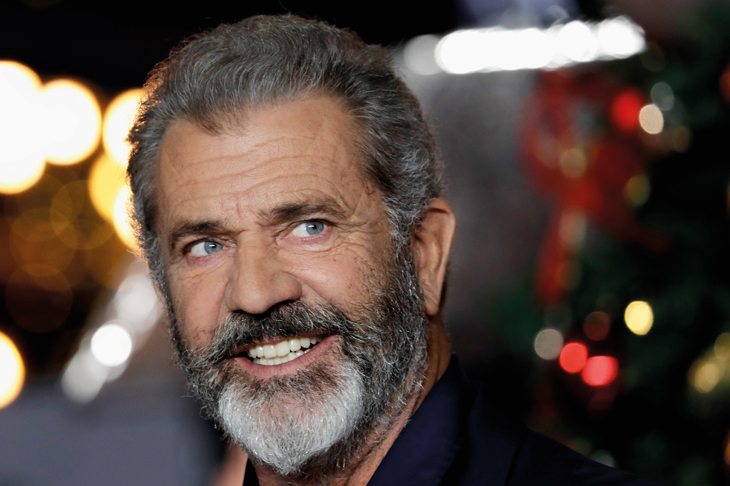
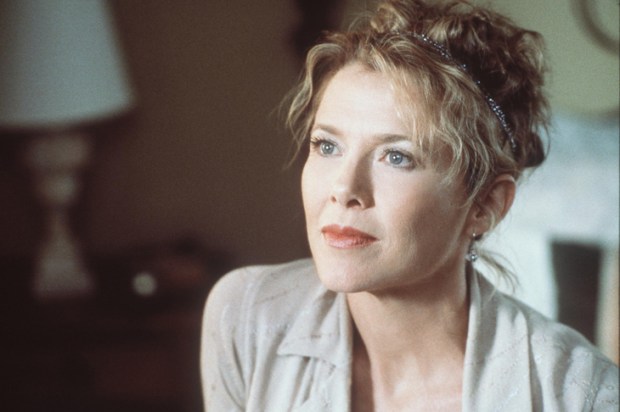

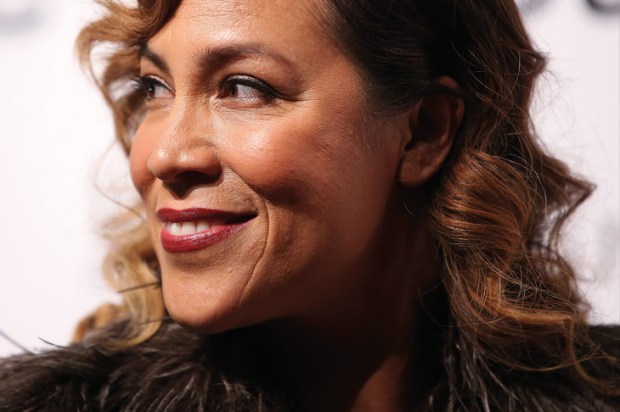
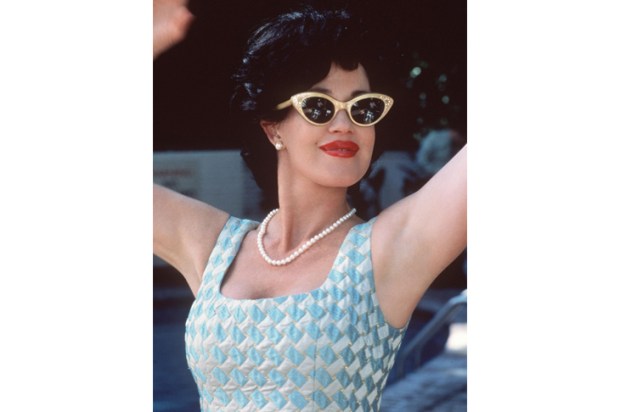
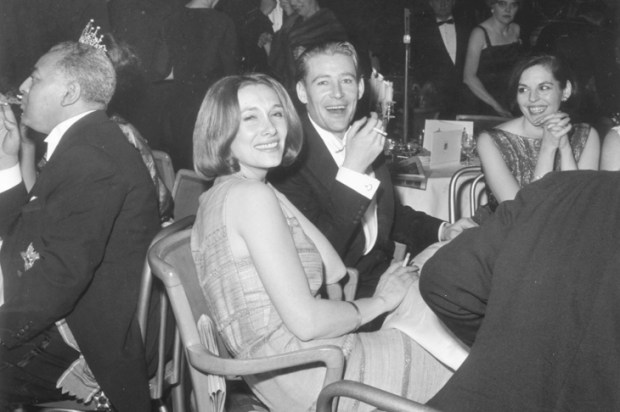
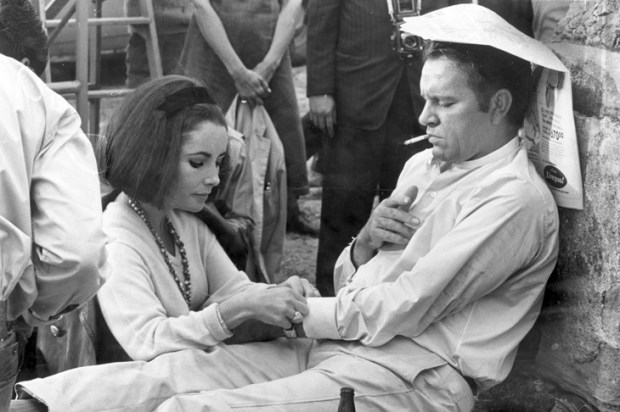






Comments
Don't miss out
Join the conversation with other Spectator Australia readers. Subscribe to leave a comment.
SUBSCRIBEAlready a subscriber? Log in